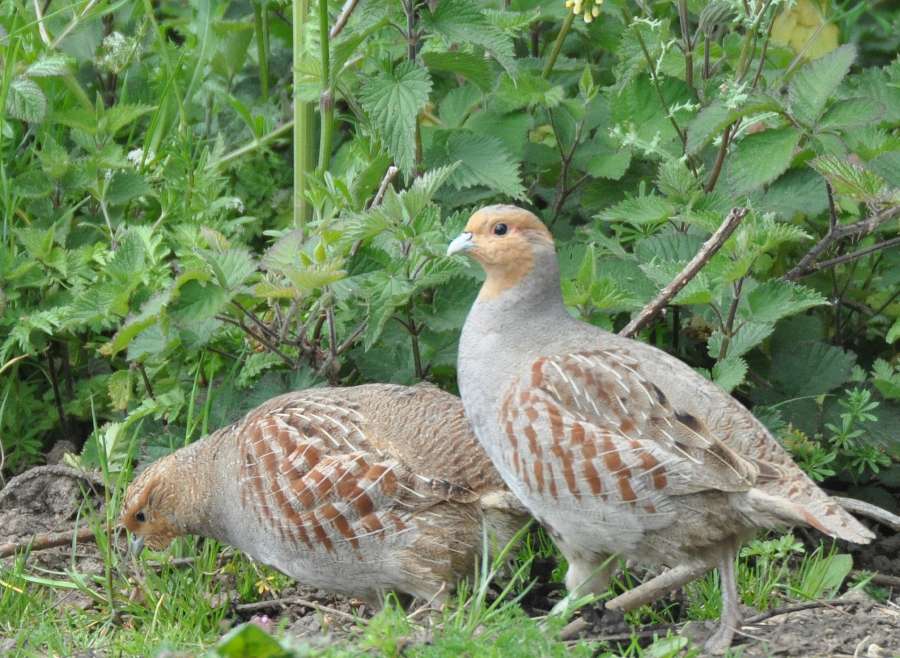Farmers urged to help survival of grey partridge by counting them

Farmers are being urged to get involved in a project which helps to conserve a much-loved bird, the grey partridge.
The Game & Wildlife Conservation Trust (GWCT) has run the voluntary Partridge Count Scheme (PCS) since 1933 to collect information on the annual abundance and breeding success of grey partridges.
From small fields to large estates, each count offers an insight into how well partridges breed, survive and benefit from the farmland habitat.
Over the years, grey partridge numbers have been affected by wet summers, low chick survival and problems with low winter survival rates.
This is something the bird is adapted to, but their chick survival rates can be helped by having chick-food producing habitat and management in place to minimise losses.
'National response'
GWCT scientist Neville Kingdon, who collates the results each year, says every bird which gets recorded is vital, as the Autumn count gets under way.
“To get a national recovery, we need a national response,” he stressed. “It’s the time of the year where crops are being cut and we can see birds so it’s the perfect time to go out on your land and take part in the count.
“We’re not just interested in big numbers, every single count matters and can often be enjoyed as an activity with the family.”
“Grey partridges, on sites in the PCS, are showing signs of recovery in numbers and those who take part are helping reverse the decline of this once common farmland bird.”
Head of education at GWCT, Mike Swan, recently took part in a count in Cornwall where work for the Trust’s Cornish Grey Partridge Project is centred.
He said: “It was a joy to see a well-grown covey with six young; probably the first covey to be produced in the wild in Cornwall for over a decade. There is a long way to go before we can say that there is a self-sustaining population back in Cornwall, but this is a very encouraging result for the first year.”








